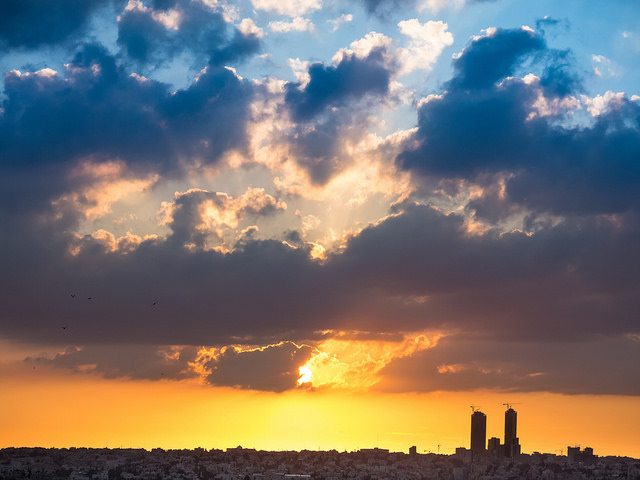
A renewable energy future rests on consensus
Along with Morocco, Jordan is one of the model countries in the Middle East and North Africa when it comes to the transformation of energy systems.
Nevertheless, an even stronger political will is needed in both countries to move further along the path of renewable energy sources. This begs the question of the key challenges these countries are up against.
What are the opportunities to transition towards renewable energy sources and what are the impediments?
The energy system in Jordan is confronted with considerable challenges. For example, in contrast to numerous neighbouring countries, Jordan has scarcely any fossil fuel reserves. As a result, the country has to import 97 per cent of the oil and gas it needs to meet national demand. Moreover, watershed political changes in the region have made it critically important to ensure a secure energy supply. In addition to the 6.5 million Jordanians, there are already over 1 million refugees living in the country. Above and beyond these obvious challenges, there are additional development trends in the country that will tend to cause the demand for energy to climb to even higher levels in the future. Nor should one overlook the shortage of water in the country, which has already reached alarming proportions. Jordan is the third most water-scarce country in the world and the need to install energy-intensive facilities to supply and treat drinking water in the future will pose additional challenges to Jordan's energy system.
All this brings Jordan up against the task of rapidly expanding and revamping its energy system. At the same time, the various aims and objectives need to be coordinated and harmonised.
[Photo by Shamel gataje | Flickr]







